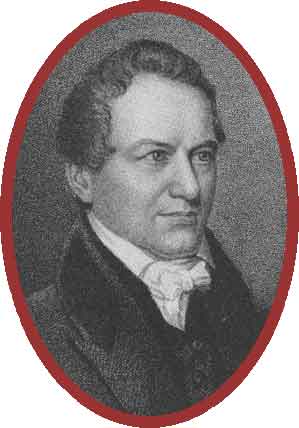Hayne, Robert

Public Official
(1791-1839)
Robert Young Hayne was born in St. Paul's Parish, Colleton District (now County), South Carolina, on November 10, 1791. Unable to afford to go to college, Hayne studied law under Langdon Cheves. After being admitted to the bar (1812) and a brief service in the militia during the War of 1812, he was elected to the state legislature in 1814, remaining there for four years.
In 1822, he became senator, with John C. Calhoun's support. As senator, he quickly attained prominence as an eloquent defender of states‚ rights; and he showed himself to be equally effective as an opponent of the protective tariff. After his reelection in 1828, he entered into a famous debate with Daniel Webster. Hoping to forge closer ties between South and West, he seconded Thomas Hart Benton of Missouri in denouncing a Connecticut resolution for a restriction on the sale of public lands; Webster sided with the East, and for two weeks the debate ranged over states‚ rights, the Constitution, nullification, and other related issues.
Resigning his seat to Calhoun, Hayne became governor of South Carolina in 1832, and continued his support for nullification. Also, at this time, he prepared the state for resistance to the tariff and to the Force Bill of President Andrew Jackson.
Finally, hoping to place the South on a more nearly equal footing with the northeastern ports, Hayne attempted to build a railroad from Charleston to Cincinnati. The project was abandoned, however, when he died suddenly in Asheville, North Carolina on September 24, 1839.
 >
>